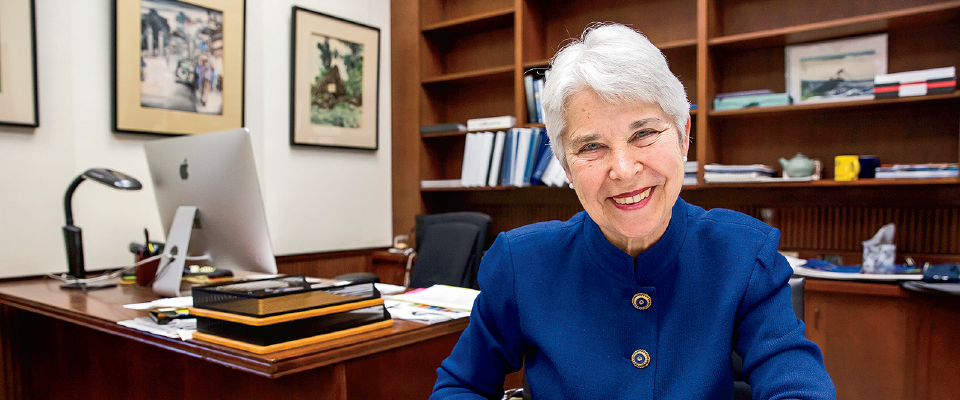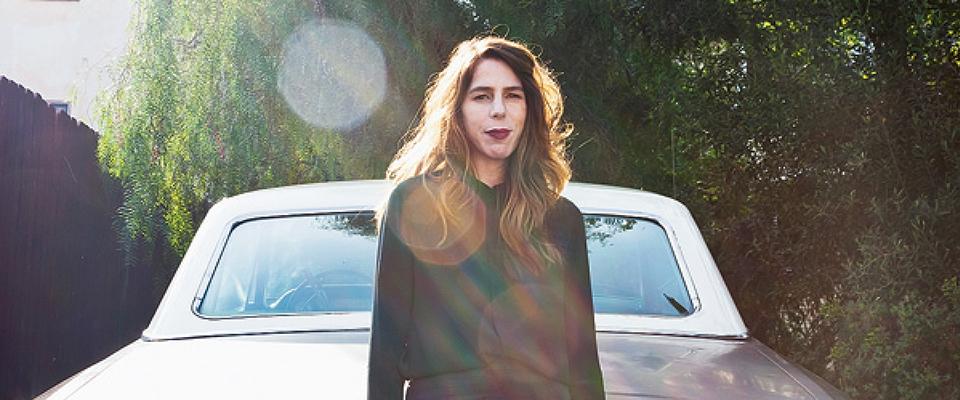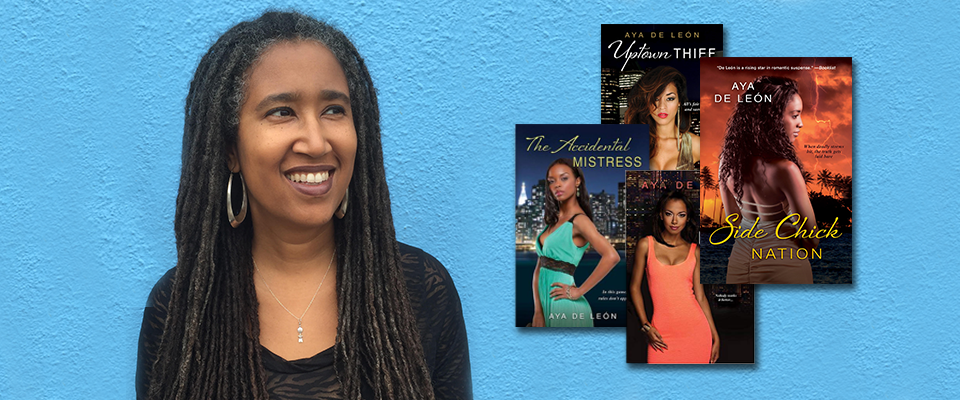Finding strength, creativity, and resilience and in the face of the unknown
The last literary essay I wrote was about dystopian fiction. At the time, in 2016, I had been struck by the publication, within the space of a few months, of a large number of novels offering visions of the future in which some catastrophe—climate change, natural disaster, financial collapse, a pandemic—destroys society as we know it, plunging humankind back into a nightmarish anti-Eden. I was curious about what such novels—written by authors who did not characteristically write science fiction—said about our current state of mind, our anxieties and fears. Little did I think they offered a prognostication of the future.
Things are changing so fast in our post–COVID-19 world that it is risky to be writing a column in April—on Earth Day, as it happens—that will be published in June. Many things will have changed by the time you read this page. Nonetheless, we can see patterns in Berkeley’s response to the crisis. We were an early actor—one of the earliest. We sent our first campus message about the virus on January 22. For me, the moment of conviction came in a talk I heard on March 6 by Nicholas Jewell, an emeritus professor of biostatistics. He made it clear that the virus would spread exponentially, and each day of delay in imposing social-distancing measures could result in more deaths. On March 9, we moved to remote instruction, and on March 10 to remote work for all whose jobs allowed it. (The Bay Area counties did not impose their shelter-in-place order until March 17.) Now in April, we are planning for what will almost certainly be our phased reopening and for a fall in which there are many unknowns.
Throughout the crisis, we’ve been guided by three principles: to protect the health of the community, to sustain the continuity of instruction, and to save as many jobs as we can. I’ve been moved and inspired by the creativity and resilience of our community. Many of our scientists have redirected their research programs to the search for therapeutic interventions and the development of new and faster means of testing.
Jennifer Doudna gathered the researchers at the Innovative Genomics Institute to issue the rallying cry that we must rise and fight the pandemic. In short order, the IGI created a robotic testing lab ultimately capable of conducting 10,000 tests per week. Graduate students have been mixing huge vats of hand sanitizer and distributing them to the community. Engineering Professor Grace O’Connell discovered how to transform sleep apnea machines into ventilators. Faculty in the classroom have been equally creative.
Public policy Professor David Kirp, who, by his own admission, is about as far from being a techie as anyone can imagine, wrote an op-ed for The Washington Post about how he moved his class online. He quotes two of his students: “We have all adapted so quickly and completely changed our lives. Before this, if you asked anyone to change their life completely in a matter of days, they would say it was impossible. In a sense, we are doing the impossible—that shows us how resilient we really are as students, as teachers, as citizens.” Another student called it “a testament to the power of trust, collaboration, and social solidarity in times of crisis.” These are but a few stories that speak to the essence of the Berkeley I know and love.
I know the impacts of the pandemic have been grossly unequal—that many are struggling with loss of jobs, with sudden poverty, with illness, and with grief. In an email to me, biology Professor Fyodor Urnov quoted Tolkien: “I wish it need not have happened in my time,” said Frodo. “So do I,” said Gandalf, “and so do all who live to see such times. But that is not for them to decide. All we have to decide is what to do with the time that is given us.” I am grateful for and proud of a community that has done so much in response to this crisis. It shows, I believe, how essential the public research university is to our country and our world. Unlike in the dystopian novels that I read, naïvely confident that this could not happen here, Berkeley’s experience has shown the strength, creativity, and resilience of this community.
From the Summer 2020 issue of California.





















